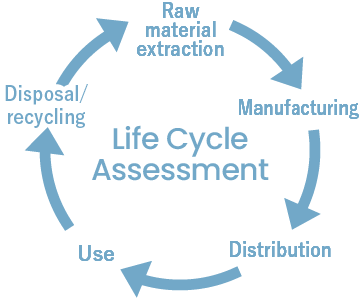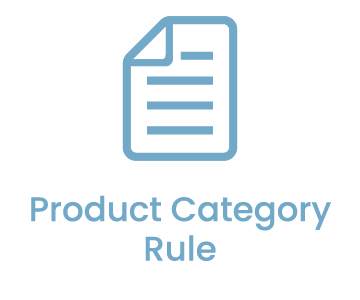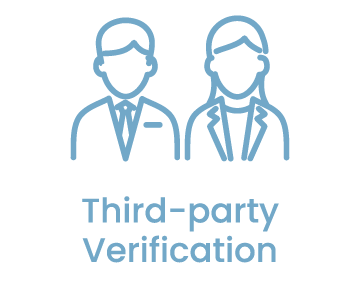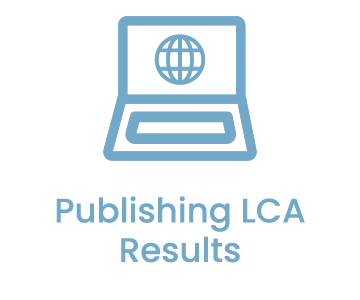
SuMPO EPD Japan
SuMPO EPD Japan
- HOME
- ABOUT
- SuMPO EPD Japan
SuMPO EPD Japan
Overview of SuMPO EPD
SuMPO EPD Japan is an Environmental Product Declaration (EPD) program owned and operated by the Sustainable Management Promotion Organization (SuMPO), a not-for-profit organization based in Japan. The program is operated in accordance with ISO14025 and other relevant standards including ISO14040 and ISO14044. SuMPO EPD is the second longest-running EPD program in the world, with over 20 years of operation since its inception as the Ecoleaf in 2002.
EPDs are third-party verified environmental information of products based on Lifecycle assessment (LCA). The data facilitates both BtoB and BtoC communication of the environmental performance of products, using a globally standardized and transparent methodology. Transparent and credible quantitative environmental data of products is essential for building a sustainable society, and EPDs have been used in initiatives and legislations worldwide.
Scope of SuMPO EPD
Any products, including services, in any industry can have their EPDs in SuMPO EPD. SuMPO EPD has many PCRs ready for a wide range of products which include construction and civil engineering as well as food and beverage, textiles, apparel, plastics, wood, and electronics. Though SuMPO EPD has been primarily for Japanese manufacturers selling products in and outside Japan (hundreds of Japanese manufacturers have used the program so far), this program is also open to any entities worldwide. If you have products exported to the Japanese market and consider having credible environmental data, SuMPO EPD is the right choice for you.
SuMPO EPD allows EPDs not only for full-LCA (Cradle to Grave) but also for partial-LCA(Cradle to Gate), so any business, from raw material suppliers to final product assemblers in the supply chain can join the program.
4 Characteristics that make EPDs Credible
1. SuMPO EPD is an ISO14025-compliant EPD program and has the following 4 characteristics:
-
1
Life Cycle Assessment

EPDs are based on Life Cycle Assessment (LCA). Principles and requirements for LCA are set forth in ISO14040 and ISO14044. LCA is a widely used methodology to evaluate comprehensive environmental impacts of products. A carbon footprint is one of the information you can get by conducting LCAs.
-
2
Product Category Rules

EPDs need detailed LCA calculation and publication rules for each product category to ensure fairness among companies joining the program and also improve the comparability of LCA data. The rules are called PCRs (Product Category Rules), which are built based on ISO14025 as well as ISO14040/44. A procedure to create PCRs is administered by SuMPO in accordance with ISO14025 and ISO/TS14027.
-
3
Third-party Verification

EPDs are always verified LCA data. Experienced verifiers registered in SuMPO EPD verify each EPD to assess the validity and conformity of the information to enhance its objectivity and credibility. Only verified information can be registered as an EPD.
-
4
Publishing LCA Results

EPDs are not just LCA results. They come with other supplemental information necessary for the recipients of EPDs to understand the data in the right way (it does not contain confidential information, of course). All EPDs registered in SuMPO EPD are available on the program website to enhance their transparency.
2. Referenced Standards
SuMPO EPD is operated using the following international standards:
- ISO14025 (Environmental Labels and Declarations – Type III Environmental Declarations – Principles and Procedures)
- ISO14040 (Environmental Management – Life Cycle Assessment – Principles and Framework)
- ISO14044 (Environmental Management – Life Cycle Assessment – Requirements and Guidelines)
- ISO/TS14027 (Environmental Labels and Declarations – Development of Product Category Rules)
- ISO14067 (Greenhouse gases – Carbon footprint of products – Requirements and guidelines for quantification)
- ISO21930 (Sustainability in buildings and civil engineering works – Core rules for environmental product declarations of construction products and services)


